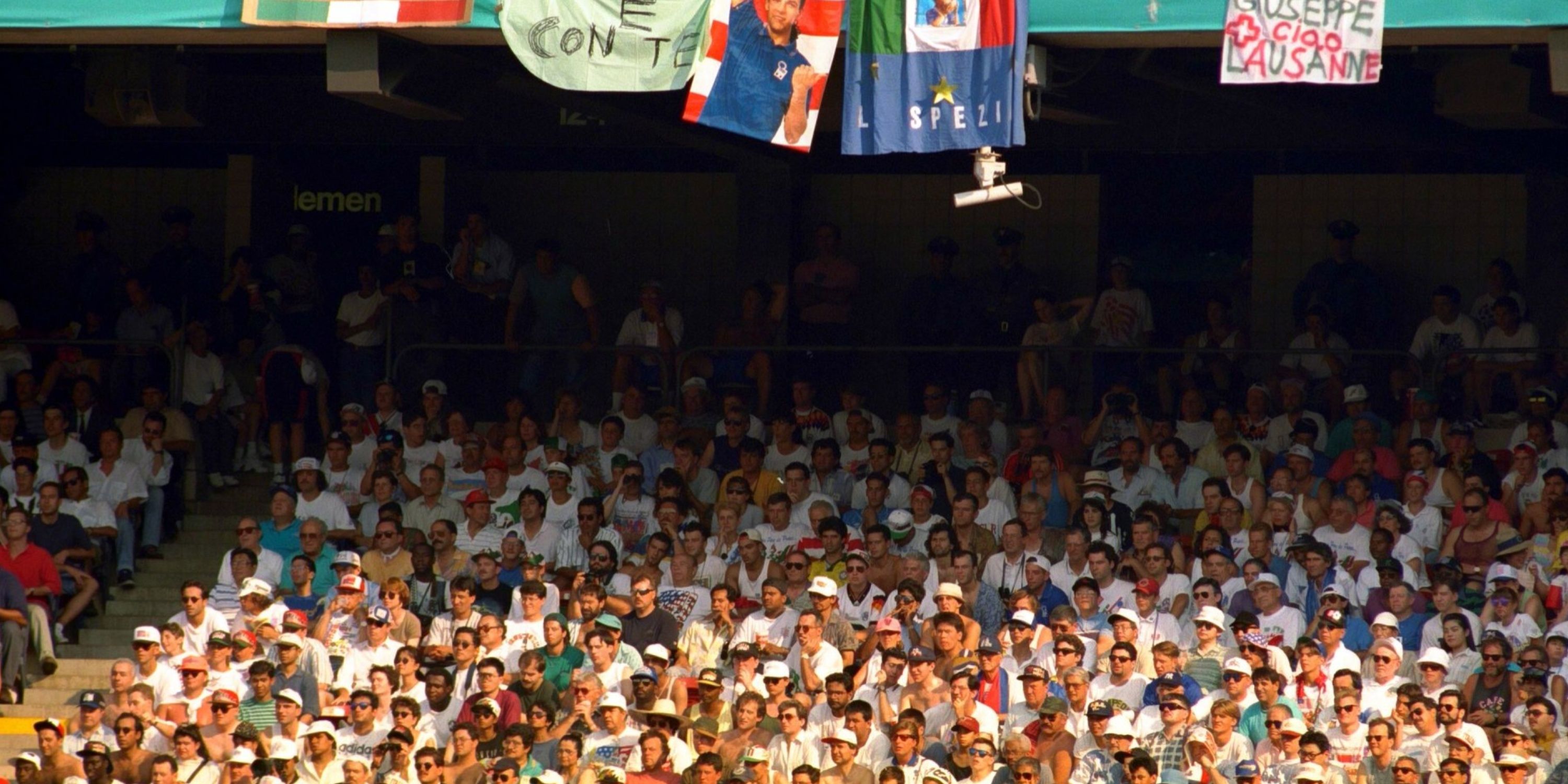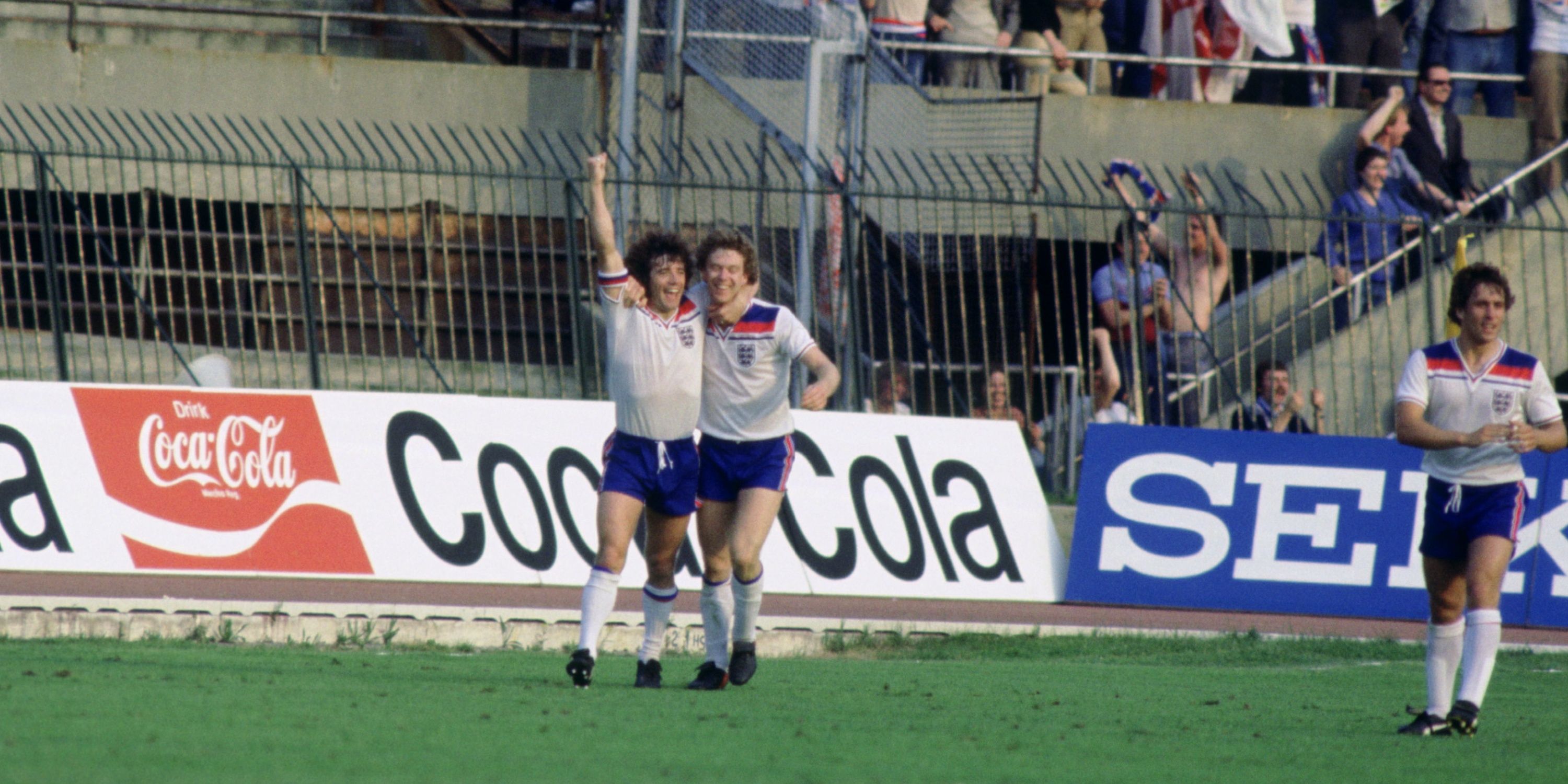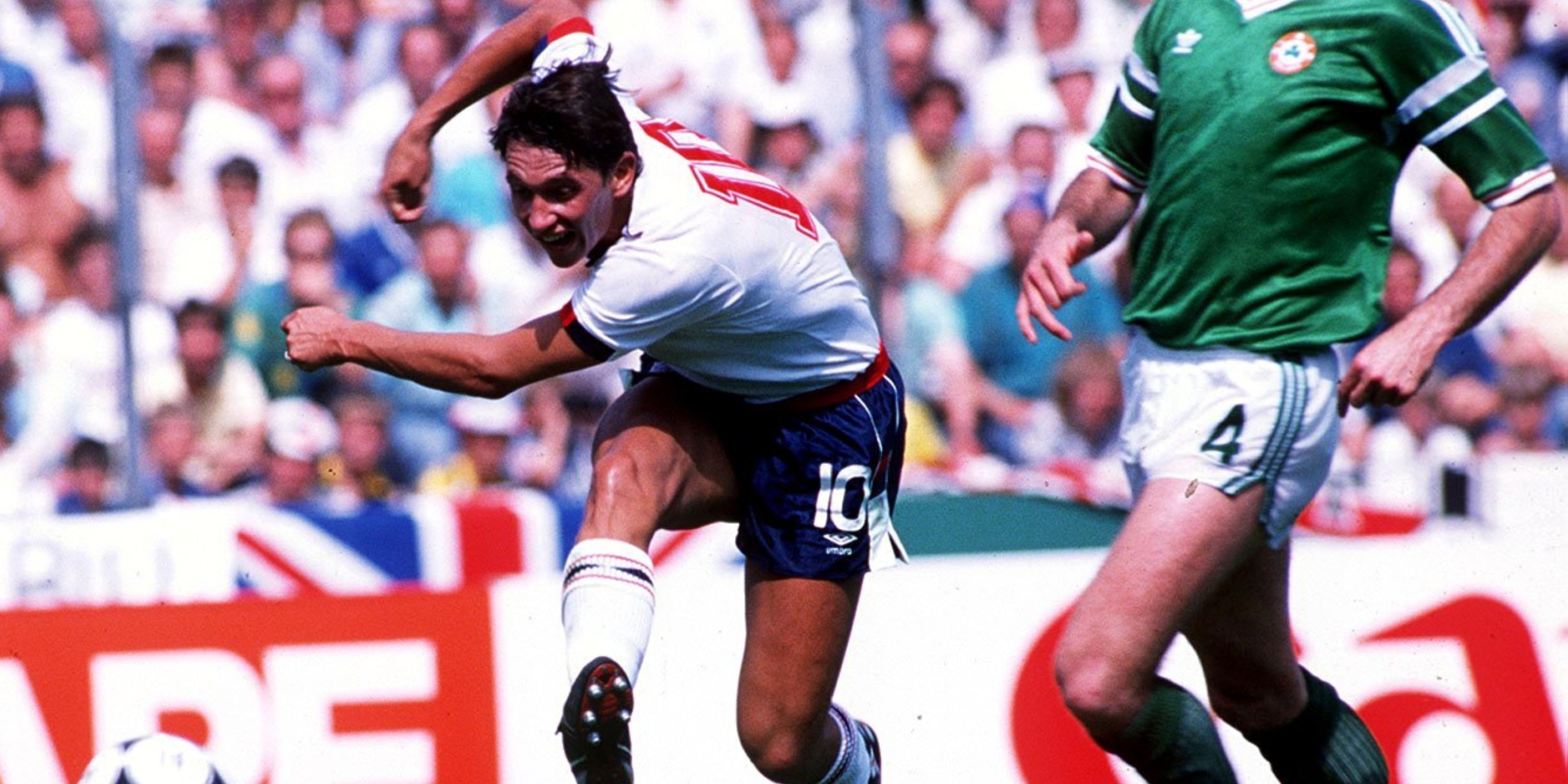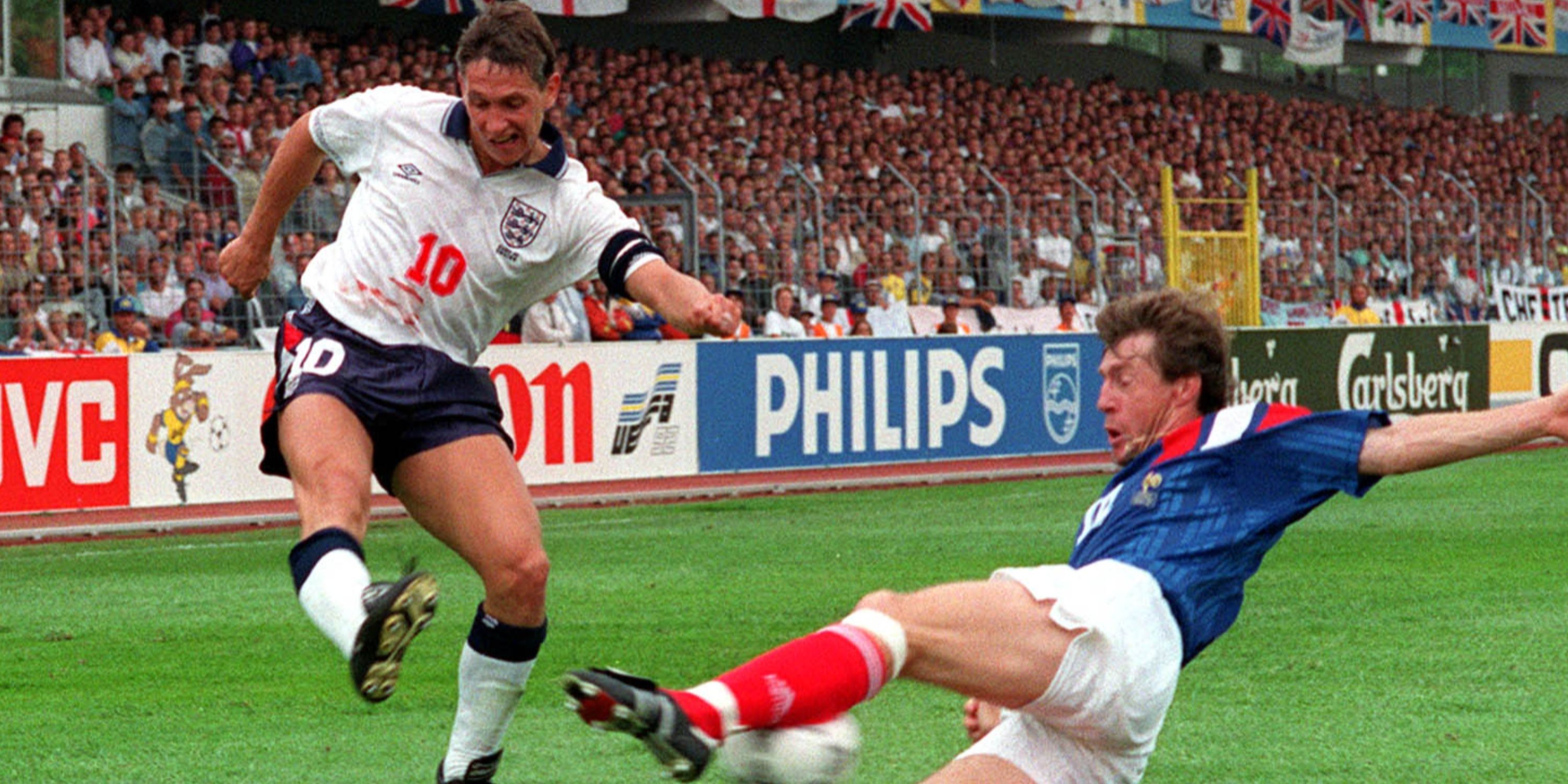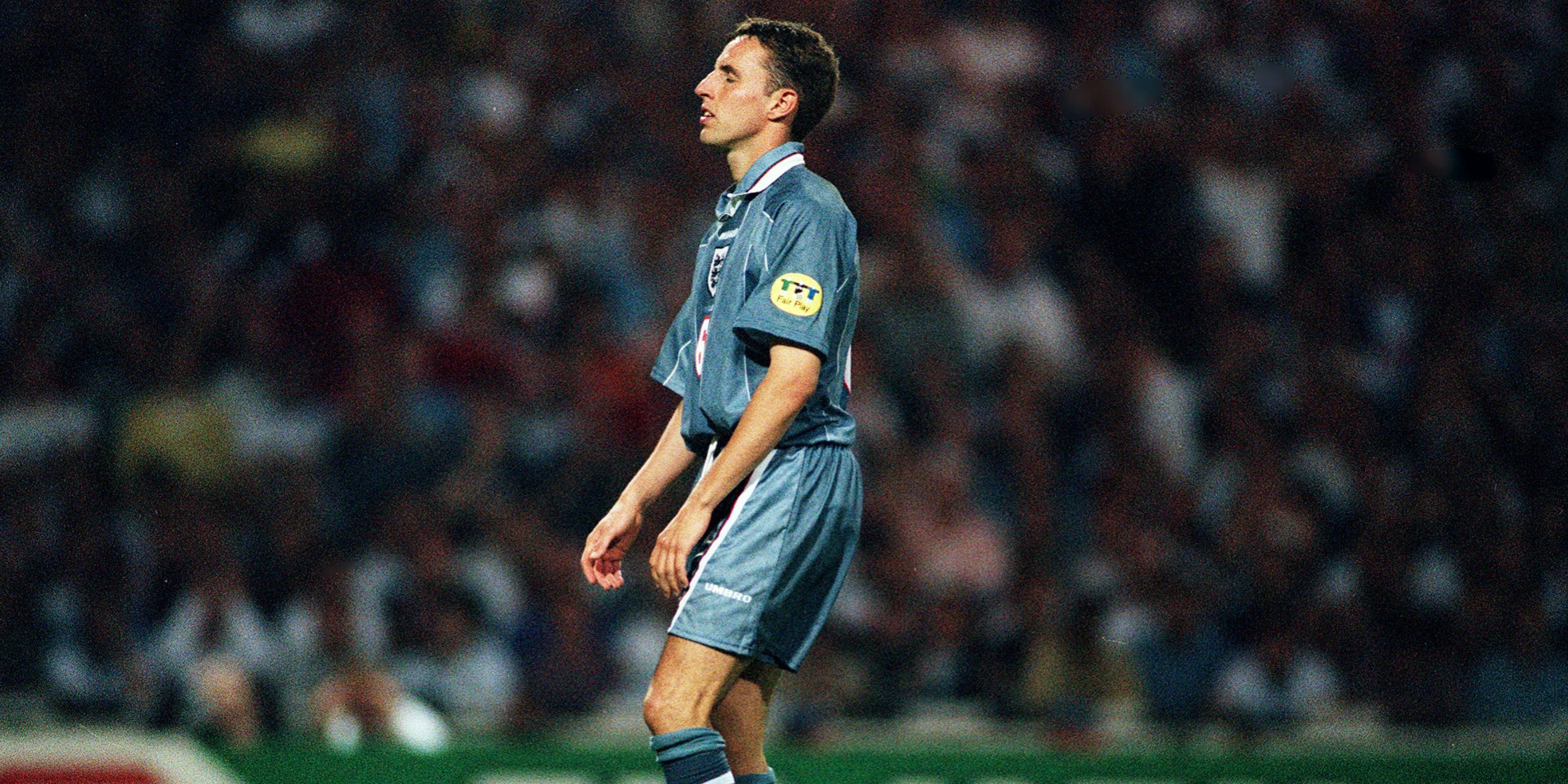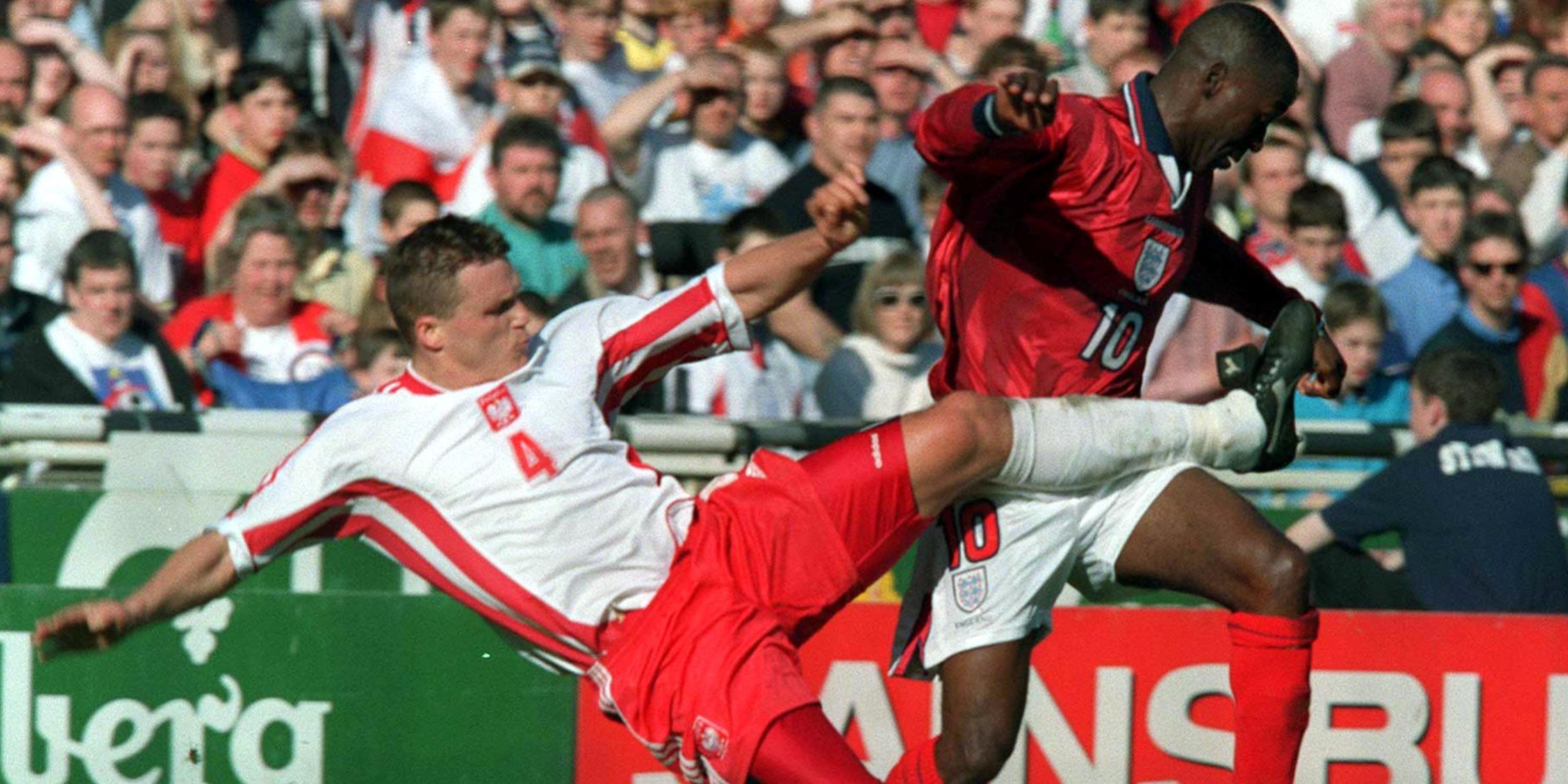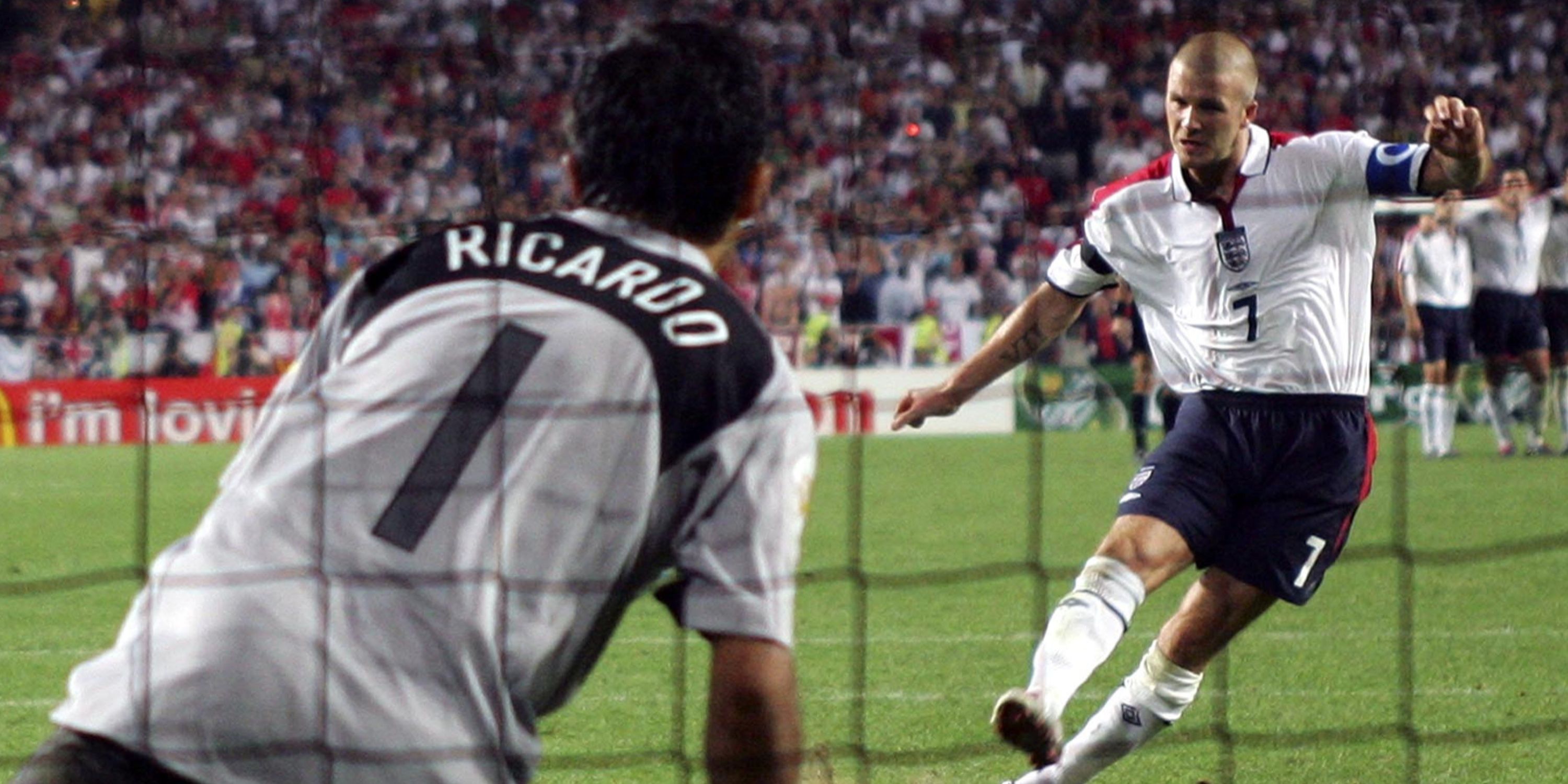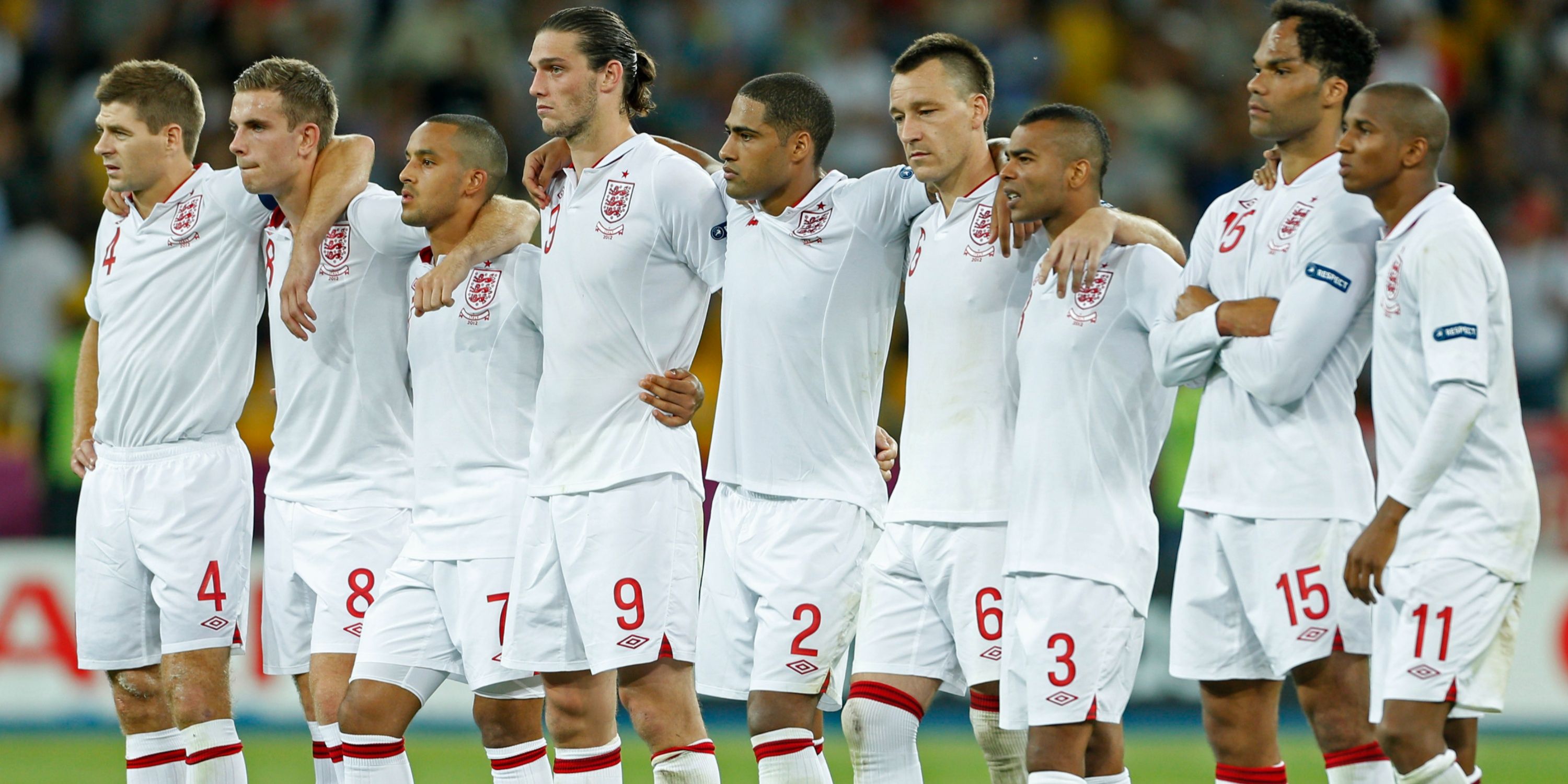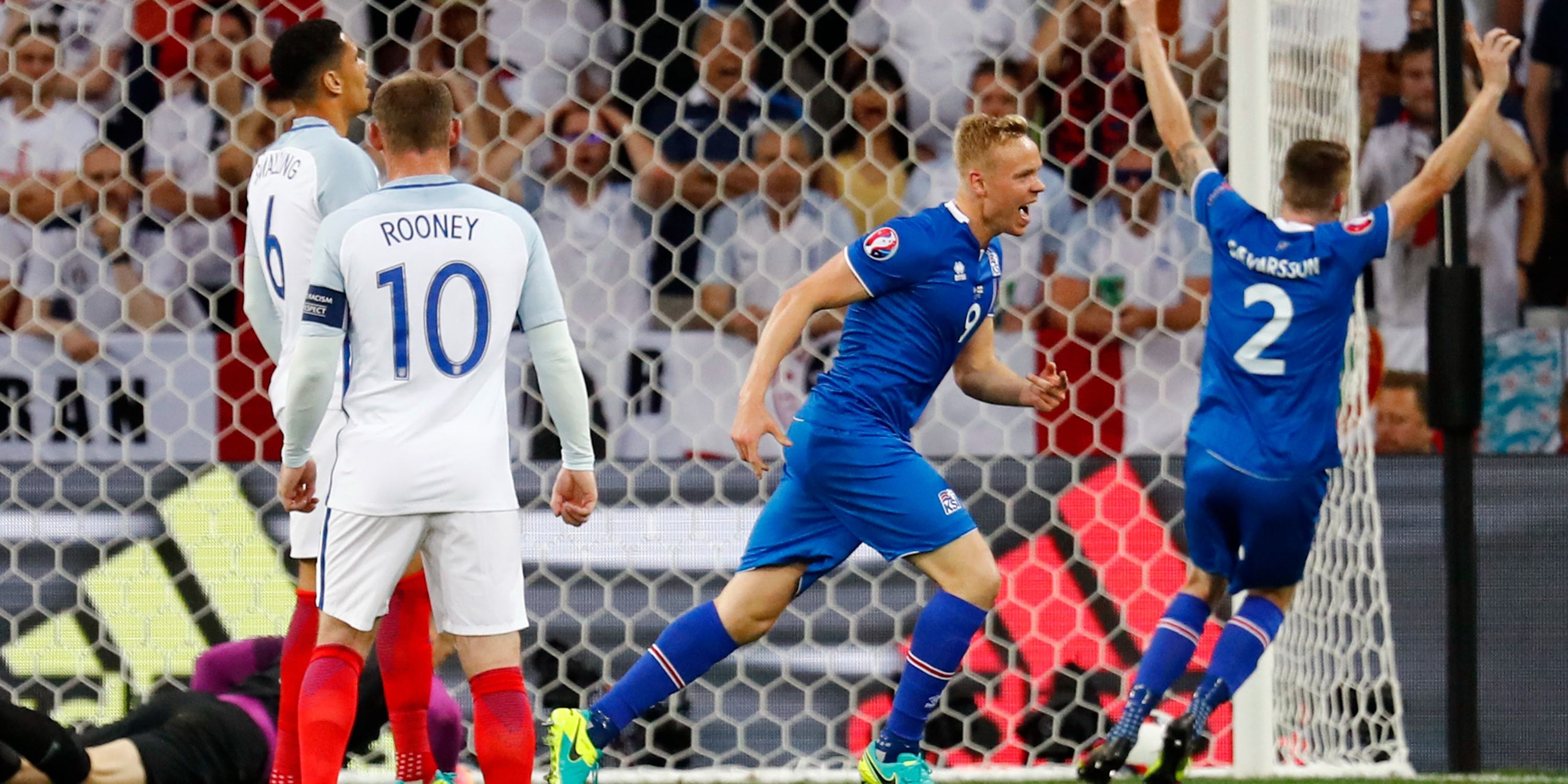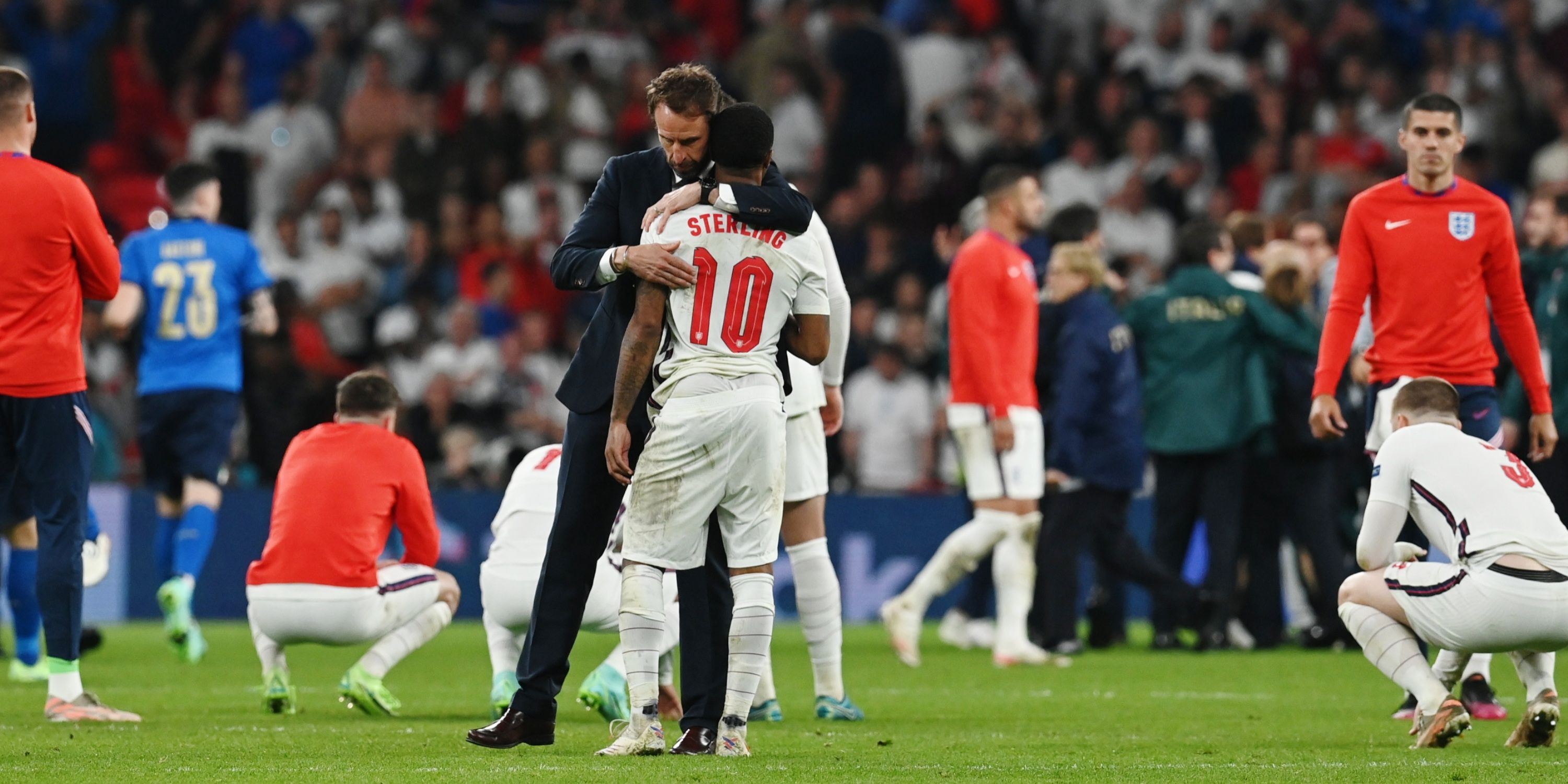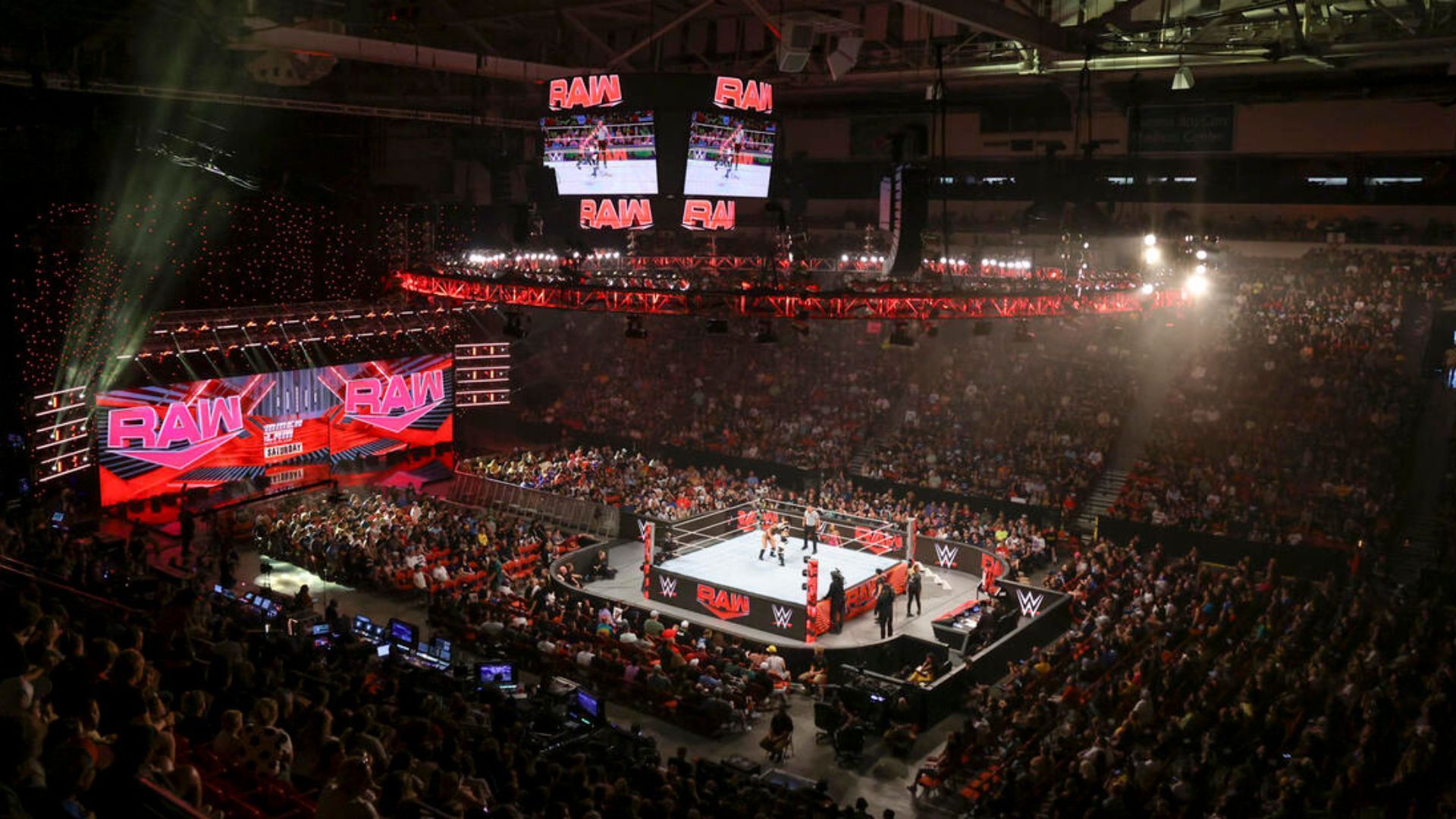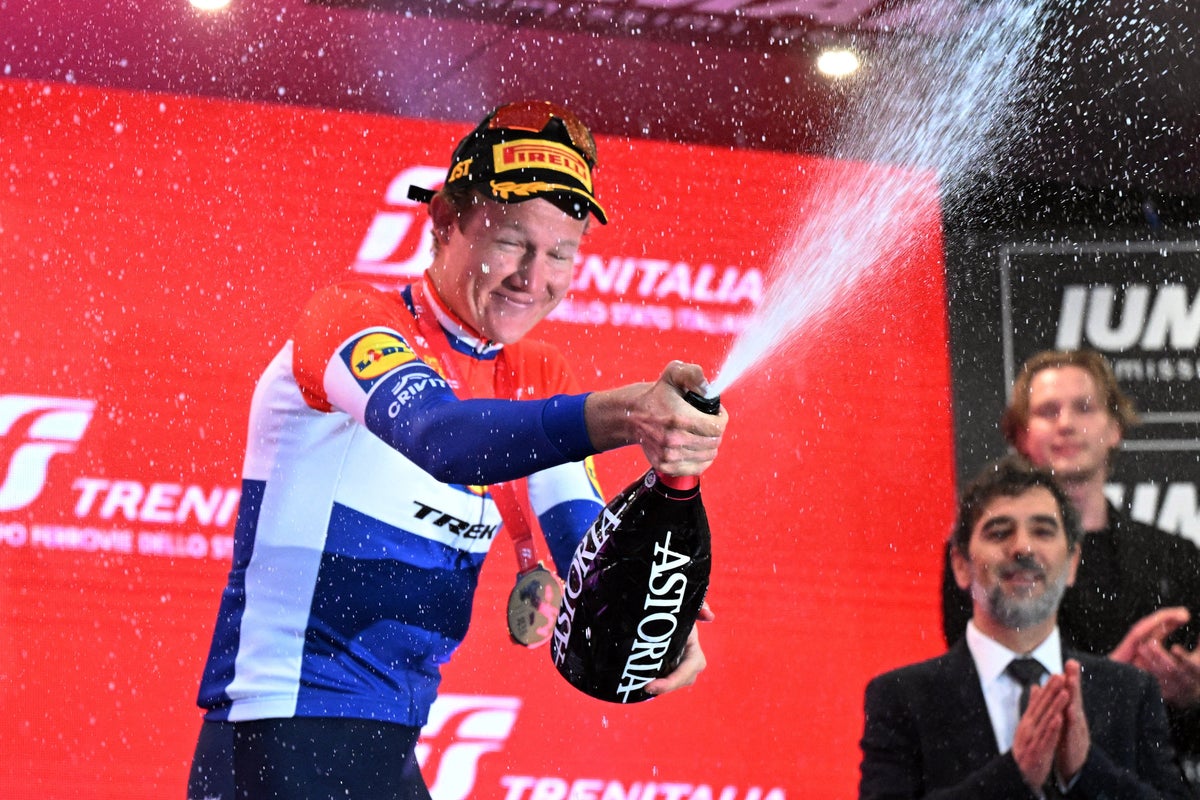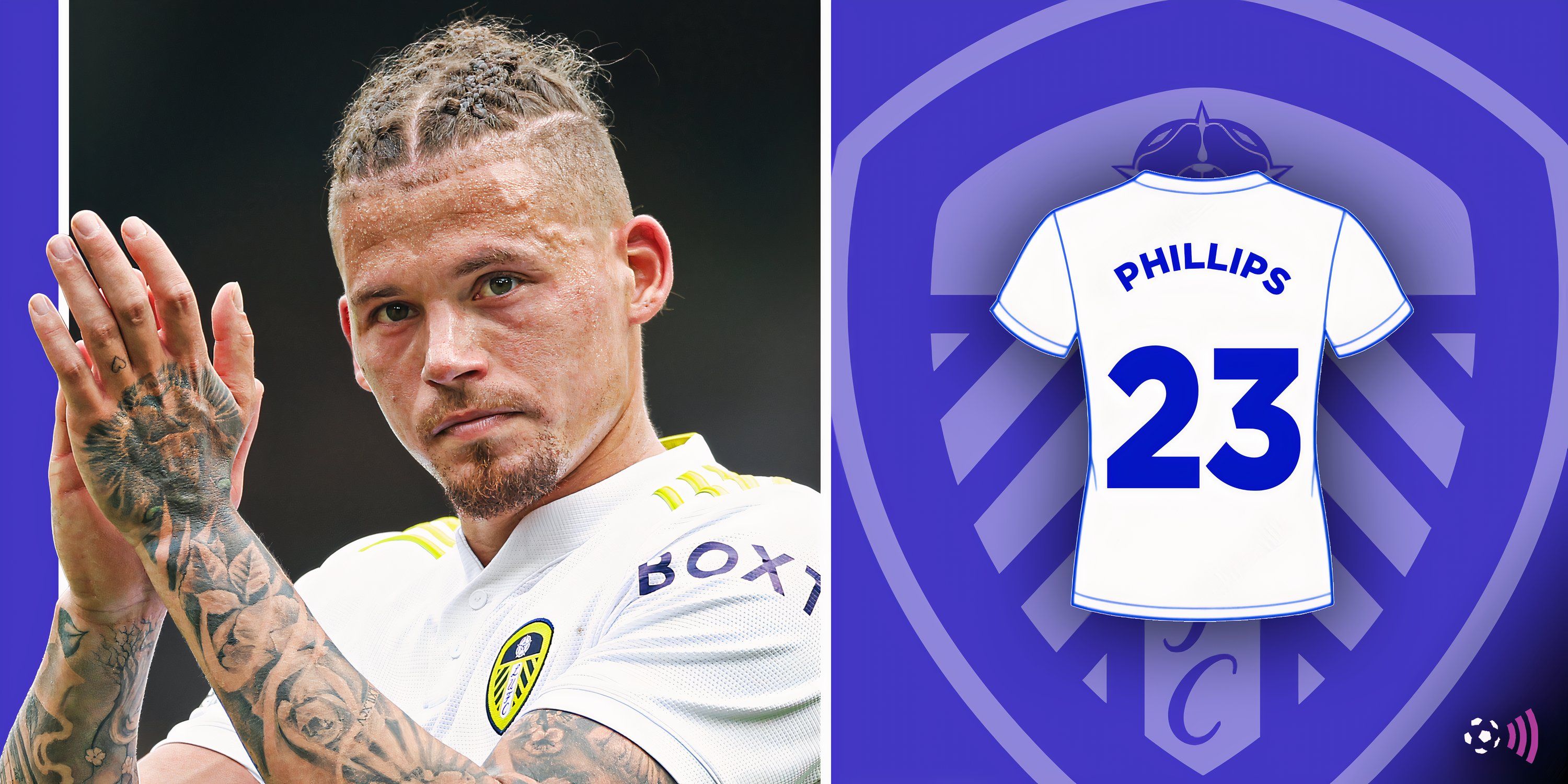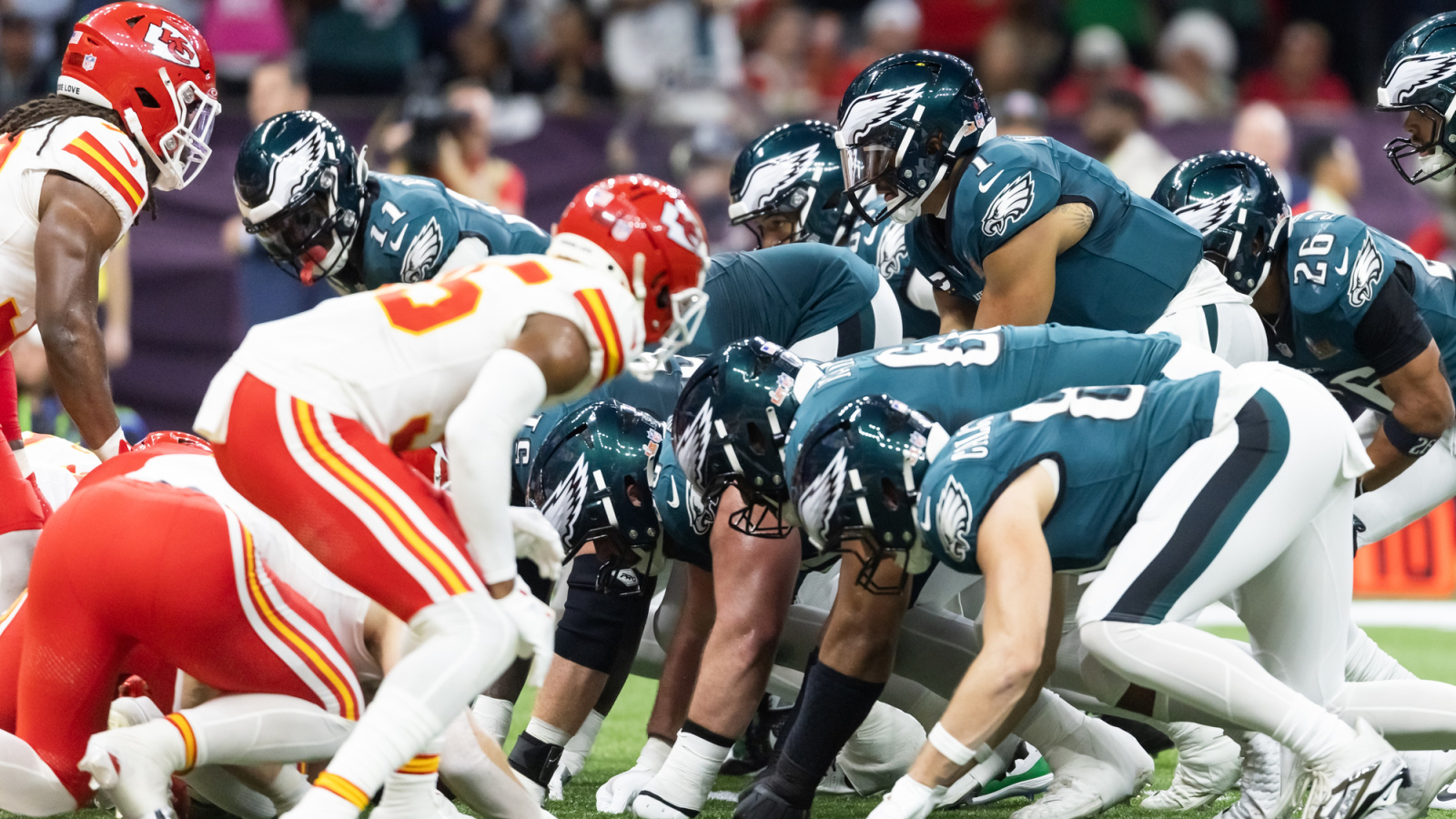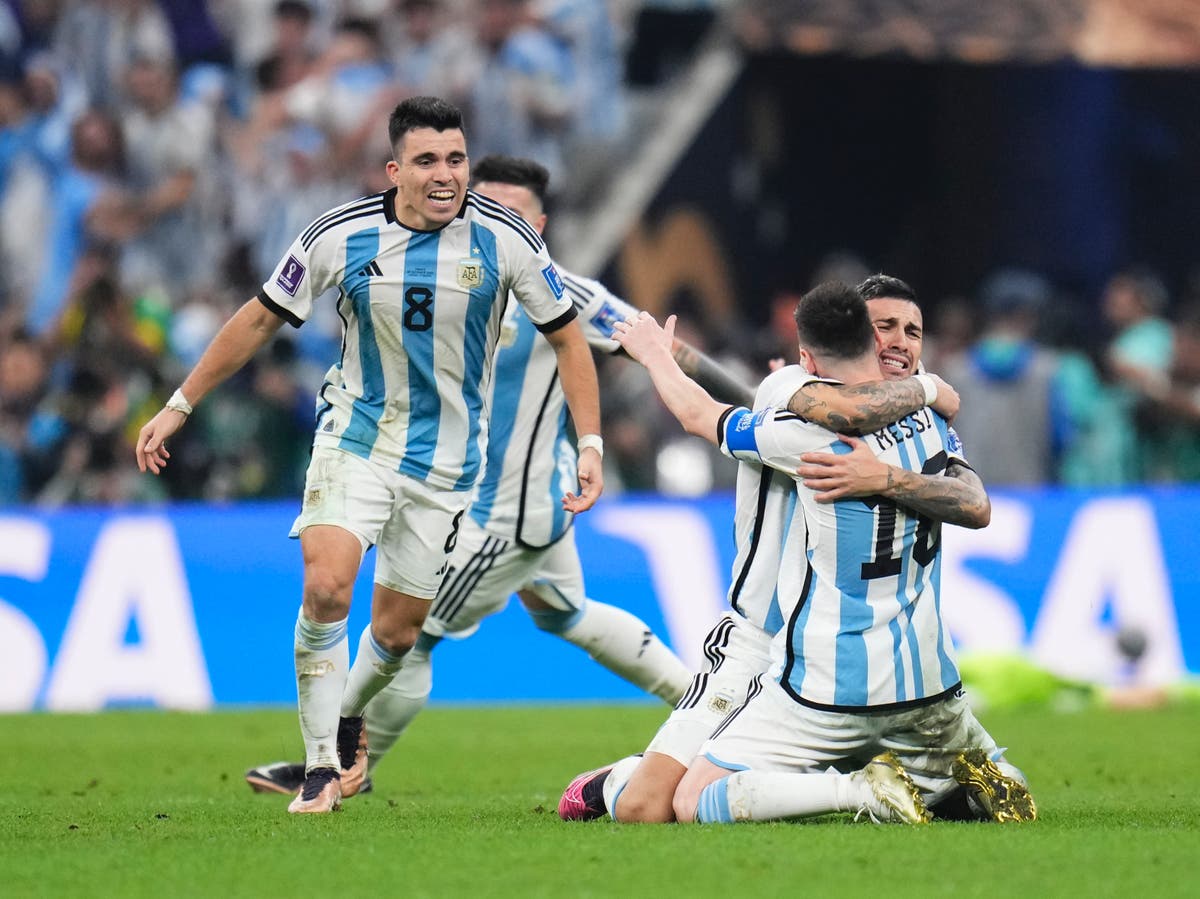When it comes to prestigious football tournaments, other than the World Cup, there isn’t really anything that gets close to the prestige of the European Championship.
England have been semi-regular participants over the years, and whilst the team has never been crowned champions, they have experienced their fair share of ups and downs along the way.
With Germany set to host the 2024 edition of the tournament next summer, Football FanCast has looked back on and recounted all of England’s past campaigns for you to reminisce about.
Euro 1960: Declined to enter
So, kicking things off is the inaugural edition of the European Championships all the way back in 1960, when it was called the European Nations’ Cup, and how did England do? Well, they weren’t involved after declining the invitations to the qualifiers.
Now, where England’s refusal to participate in the early editions of the World Cup was born out of arrogance, the choice to turn down the 1960s Euros appears to have had more to do with the belief that it wasn’t a competition that would catch on.
The other home nations also refused to partake, as did West Germany, Italy, and the Netherlands – so we won’t chalk this one down to a superiority complex.
Only France, Yugoslavia, the USSR, and Czechoslovakia took part in the finals, and it was the USSR that ultimately won it all when they beat Yugoslavia 2-1 at the Parc des Princes in Paris.
Euro 1968: Semi-finals (3rd place)
Flash forward eight years from England’s refusal to partake in the inaugural Euros to 1968, and we finally got our first look at England at the European Championship, having failed to qualify for the 1964 edition.
The tournament finals were held in Italy and featured just four teams after two years of qualifying and quarter-finals. The teams that made it were Italy, the USSR, Yugoslavia, and England.
The Three Lions were going into the finals as world champions, so there was an understandable expectation that they would make it to the final at a minimum – yet they did not.
Instead, the world champions had to settle for third place after they lost their semi-final 1-0 to Yugoslavia and won their third play-off 2-0 against the USSR.
Euro 1980: Group stage
It would be 12 long years of European failure for England between their appearances in 1968 and 1980, and when the Three Lions finally made their much-awaited return to the tournament, they did not last long.
The finals were once again held in Italy and were the first to feature eight teams, meaning there was to be a group stage before the knock-out games.
England were placed into a group alongside Spain, Belgium and the hosts, Italy.
The opening game against the Belgians started well enough, with Ray Wilkins giving the Three Lions the lead on 26 minutes. However, it took just three minutes for England to concede an equaliser.
England’s second game saw them lose 1-0 to the Italians, and even though they won their final match against the Spanish 2-1, a draw between Italy and Belgium sealed their fate and sent them home early.
Euro 1988: Group stage
It was another eight-year wait to see England compete in another European Championships, and the same wait resulted in the same outcome: an early exit.
The 1988 edition of the tournament was held in West Germany and was actually the last European tournament to see both West Germany and the USSR take part.
Once again, eight teams were taking part in the finals, and England was placed into a group with the Republic of Ireland, the Netherlands and the USSR.
Where there were at least a few positives to take from the 1980 Euros, there were no such positives in 1988.
England kicked their campaign off with a shock 1-0 defeat to the Irish and followed that up with a 3-1 losses to the Dutch and the Soviets.
The Three Lions finished rock bottom of the group with no points and a goal difference of minus five.
Euro 1992: Group stage
Well, the positive here is that there was no eight-year wait this time. England had actually managed to qualify for back-to-back European Championships for the first time in history.
However, the negative is that once the team got to the finals, the result was, as always, an embarrassing group stage exit.
Sweden hosted in 1992, and as was becoming the norm by this point, the tournament finals featured eight teams split into two groups of four before the knockout rounds.
England’s group featured the hosts, France and, most interestingly of all, Denmark. The inclusion of the Danish was surprising as it was supposed to be Yugoslavia that qualified in their place, but the country’s breakup meant that they obviously couldn’t play, so the Danes were chosen to replace them.
Of course, Denmark then went on to win the whole thing, defeating the Germans in the final to become the only team to have won the European Championship despite not technically qualifying.
Back to England, though – and they had to play the Danish side in their first game, and neither team looked great as they played out a 0-0 draw. Up next was the French, and what followed was yet another bore draw, 0-0.
England’s final group game was against the hosts, and the maths was simple: win and go through.
It all started so well, with David Platt giving the Three Lions the lead in the fourth minute, but as the English so often do, they snatched defeat from the jaws of victory and conceded two goals in the second half to lose and go crashing out of the group stage.
Euro 1996: Semi-finals
With England now qualifying for European Championships fairly regularly, did the team start delivering improved results? Surprisingly, yes, yes they did.
The 1996 edition of the tournament was held in England, and with it being thirty years on from England’s World Cup triumph on home soil, there was a genuine belief that despite their previous failings, this time would be different. And they were right, sort of.
The size of the competition had been doubled for the 1996 edition to include four groups of four for the first time. England were placed in a group with the Netherlands, Switzerland, and the Auld enemy, Scotland.
The hosts kicked off the tournament with a tepid 1-1 draw with the Swiss, but followed that up with a now iconic game against the Scots at the old Wembley. Alan Shearer might’ve opened the scoring in that encounter, but it was Paul Gascoigne’s goal and celebration that has been ingrained into English football folklore.
The final group game saw Terry Venables’ men put four past the Dutch and qualify from the group in a comfortable first place.
The quarter-finals saw England take on Spain, and with the score 0-0 after extra time, penalties were needed to decide a winner. The hosts scored all four of their spot kicks, while the Spanish scored just two of theirs, meaning England’s party would carry on going – for now.
The semi-finals saw the hosts take on Germany, and despite a lot of nervousness beforehand, Shearer gave England an early lead when he opened the scoring in the third minute. However, the Germans quickly fought back and levelled the score in the 16th minute, and with neither side able to score again, the game went to penalties.
Now, there is just something about penalties, especially against Germany, that causes great England sides to crumble, and unfortunately, that happened here.
After both sides had scored their opening five penalties, Gareth Southgate stepped up to take the sixth, but he saw his attempt saved. Andreas Moller then scored his, and the hosts were out.
Euro 2000: Group stage
England made their way to Euro 2000, hosted in the Netherlands and Belgium, with one mission: go one step further than 1996.
Unfortunately, this was an objective that was very much not met.
The Three Lions were drawn into a group with Portugal, Romania and Germany. England’s first game of the tournament was a thoroughly exciting 3-2 defeat to Portugal, which they put behind them pretty quickly as they ended up winning the following game against Germany 1-0.
The final group game was against Romania, and it was once again a simple equation: win and go through or lose and go home.
That said, simplicity didn’t guarantee results, and the Romanians stunned the footballing world when they ran out 3-2 winners.
Euro 2004: Quarter-finals
Euro 2004 was held in Portugal and once again featured four groups of four. England were placed in Group B alongside France, Croatia and Switzerland.
The first game of the tournament ended in heartbreak for Sven-Goran Eriksson’s side as despite leading for most of the game through a 38th-minute Frank Lampard goal, they ended up losing after the French scored in the 91st and 93rd minutes.
Game two saw them take out these frustrations on the Swiss as they stormed to a 3-0 victory, and they played out another victory in their third game against Croatia as they won 4-2.
The quarter-finals saw England face off against the hosts in one of the tournament’s best games.
Michael Owen opened the scoring in the third minute to give the Three Lions the lead, but an 83rd-minute goal from Helder Postiga ensured the game would be heading to extra time.
The Portuguese took the lead themselves in the 110th minute thanks to a Rui Costa strike, but Lampard once again levelled the score with a goal of his own in the 115th minute – it was going to penalties.
It was the hosts who won out on spot kicks after David Beckham and Darius Vassell both saw their attempts saved.
Oh, what could have been.
Euro 2012: Quarter-finals
England failed to qualify for the 2008 edition of the tournament, so they had to wait eight years to try and move past their heartbreak in Portugal, although, with how this one went, we aren’t too sure they did.
England were placed in Group D alongside France, Sweden and joint-hosts Ukraine.
Things got off to a reasonable start as Roy Hodgson’s men played out a 1-1 draw with the French. They did even better in the second game, beating the Swedish 3-2, despite surrendering a 1-0 lead midway through the second half.
A 1-0 win over Ukraine in the final group game saw them advance to the quarter-finals, where they would face Italy.
The game was dreadfully dull and ended 0-0 after extra-time. It was once again a penalty shootout that stood between success and failure for England, and it once again ended in heartbreak as both Ashley Young and Ashley Cole missed their spot kicks to hand the Italians the win.
Euro 2016: Round of 16
The 2010s were not a good time for the English national team, and no tournament encapsulates that better than the 2016 European Championship, which featured 24 teams for the first time.
England were placed in a group with Russia, Slovakia, and Wales. In their opening game, England managed to throw away a 1-0 lead in the 92nd minute to draw with Russia, while the second game saw them score in the 92nd minute to beat Wales. The final match saw them play out a tedious 0-0 draw with Slovakia.
Despite playing poorly in all three games, England had managed to qualify in second from the group and were given a ‘dream’ draw as Iceland were set to play them in the Round of 16.
Even though Iceland had drawn against Portugal and Hungary and even beaten Austria, there was an overwhelming expectation that England would and should come away comfortable winners from the clash, something that did not happen.
Wayne Rooney did give the Three Lions the lead when he scored a penalty in the fourth minute, but a sixth-minute equaliser from Ragnar Sigurðsson and an 18th-minute goal from Kolbeinn Sigþórsson flipped the game on its head.
England looked toothless for the rest of the game and came away as deserved losers.
It’s fair to say that this result represented a real low point for English football.
Euro 2020: Finalists
Here we are then, the most recent edition of the European Championships and, by far and away, England’s most successful tournament.
The competition kicked off a year later than planned due to the pandemic and was played across multiple European nations, including England.
Gareth Southgate had just led his side to a World Cup semi-final three years prior, and so while the Three Lions weren’t favourites, there was an element of expectation among fans.
The team were placed in Group D alongside Croatia, the Czech Republic and Scotland. Things got off to a decent start as Southgate’s men played out a 1-0 win over Croatia. That said, the following 0-0 draw against Scotland tempered people’s expectations somewhat.
The final group game played out much like the first; Raheem Sterling scored England’s only goal as the side beat the Czechs 1-0. Two wins and a draw from the group was enough to qualify top, which meant a last-16 tie against the Germans.
There was a level of cautious optimism among English fans heading into the game, and goals from Sterling and Harry Kane validated those feelings as the Three Lions had finally bested Die Mannschaft in a knockout game for the first time since the World Cup final in 1966.
The quarter-finals saw the team put four past Ukraine to set up a nervy semi-final with Denmark. The game took place at Wembley Stadium, so there was an eerie silence when the Danes took the lead through Mikkel Damsgaard in the 30th minute.
Luckily for the home crowd, Simon Kjær put the ball in the back of his own net just nine minutes later to level the score. It would take extra time to find a winner, but England finally took the lead when Kane scored in the 104th minute. It was just Italy that now stood between England and footballing greatness.
With the team improving as the tournament went on, there was an element of confidence among fans and pundits alike going into the game, and it looked like that confidence was well-placed when Luke Shaw opened the scoring just two minutes in.
However, once they were ahead, England seemed to shrink further and further back into their shell, and after defending for most of the game, Italy finally levelled the score through Leonardo Bonucci. Extra time came and went, and it was once again – as it always is – a penalty shootout that stood before the English national team.
Unfortunately, we all know what happened from here.
Kane and Harry Maguire scored their penalties, but Marcus Rashford, Jadon Sancho, and Bukayo Saka all had to endure the soul-crushing feeling of missing theirs. Jordan Pickford performed wonders between the sticks, but it just wasn’t to be, and Italy claimed the title on English soil.
And there you have it, the story of England’s European Championships. It doesn’t really make for pleasant reading, does it? Hopefully, Southgate and co can change that in Germany next summer.


